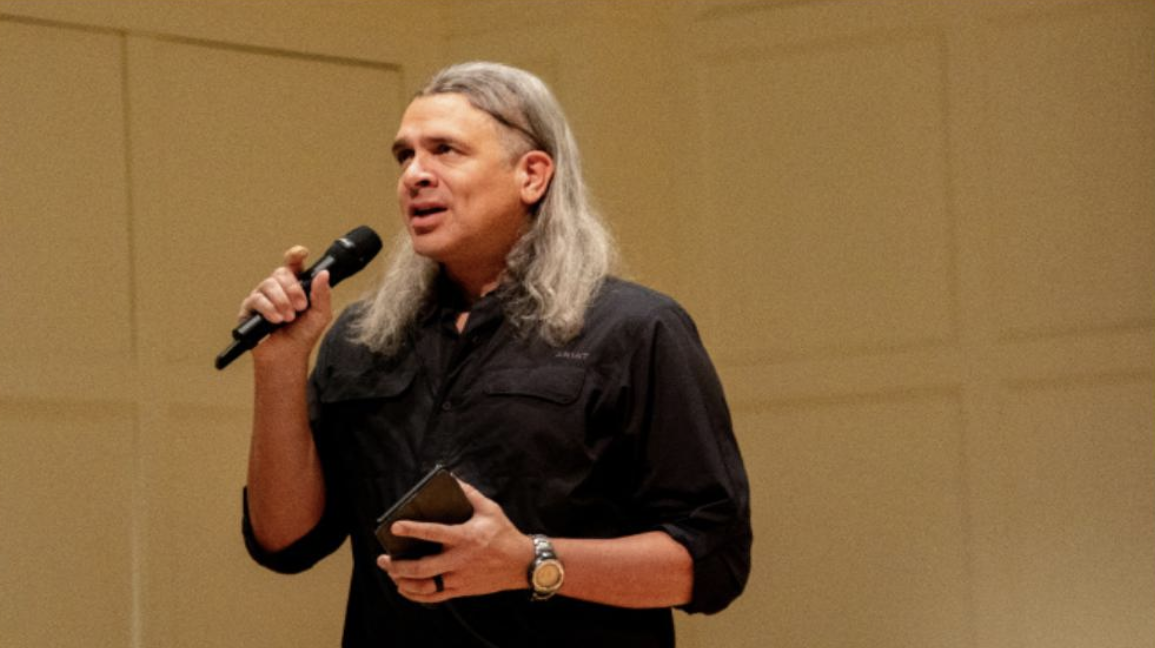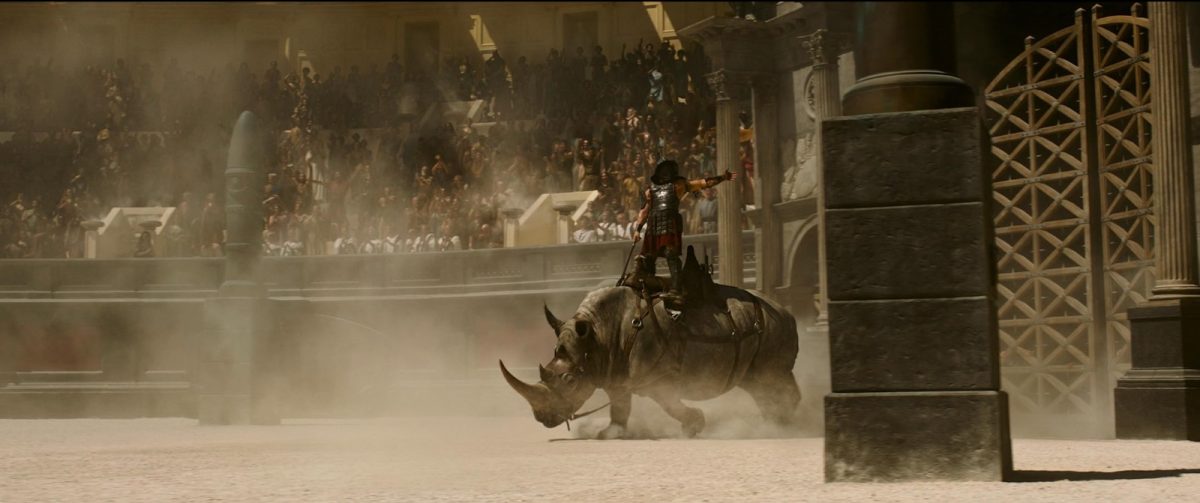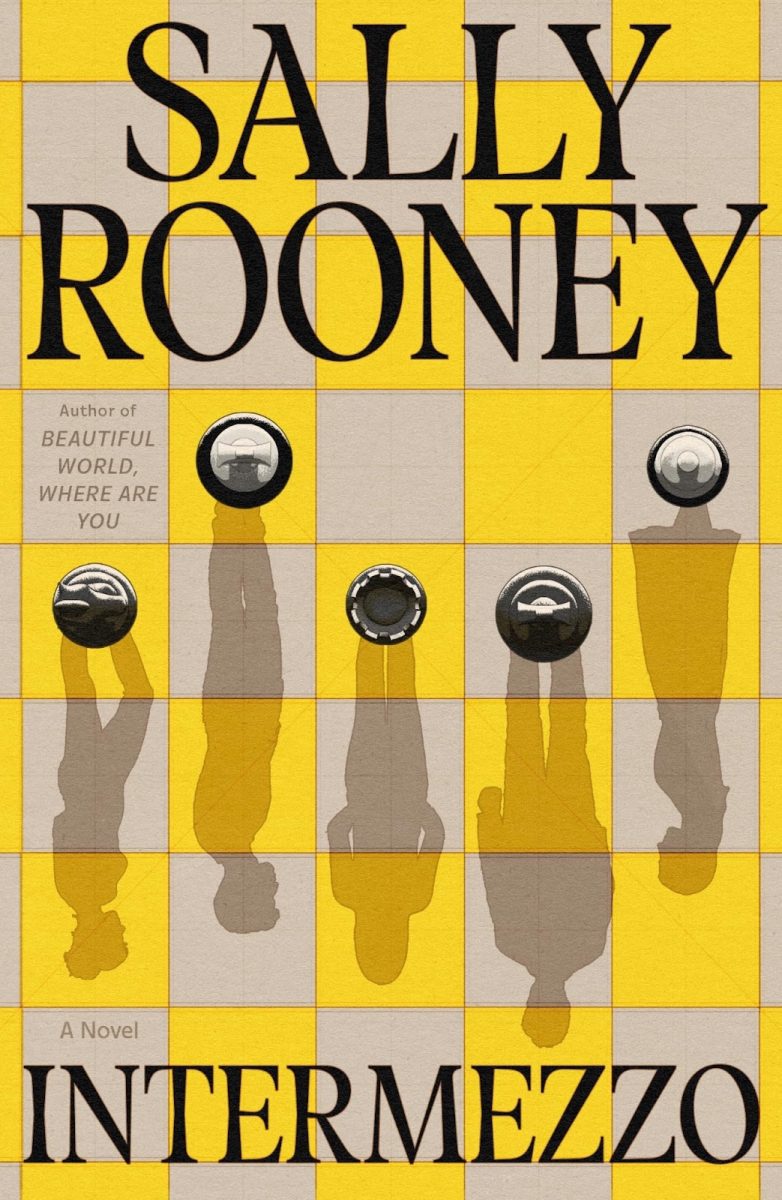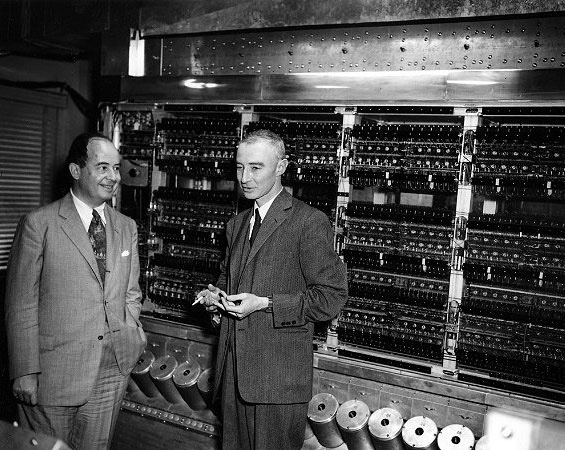The genre of horror fiction contains multitudes. From serial killer slasher narratives where a hapless victim is chased around a forest, neighborhood or mansion, delaying their gruesome (and inevitable) death, to terrifying tales of the paranormal in which dead loved ones make unexpected returns, horror can entail a plethora of different stories, agents and representations.
However, sometimes the most terrifying narratives are grounded in reality or in history. It is the historical narratives of Native Americans, and the brutalizations they faced, that form the unsettling foundations for the horrifying works of renowned author Stephen Graham Jones.
Specializing in horror and science fiction, Stephen Graham Jones is prolific in the art of the unsettling. His 2020 novel “The Only Good Indians” marries this special interest with his own identity as a member of the Blackfeet Tribe. Graham paints a gruesome narrative surrounding a fearsome antagonist, “the Elk-Headed Woman,” who terrorizes the five Blackfeet protagonists in the novel in a slasher fashion that is truly Jason-Vorhees-esque.
Though his most popular works may lie within the same genres, Jones still retains an incredible amount of creative range — as was demonstrated with his visit to Wake Forest University on Feb. 20. He performed readings of some of his other works, including a work of prose he described as “not an essay, not a story either” regarding his motivations for writing.
This piece was incredibly striking, consisting of some of the most intriguing free-verse poetry, breaking its own fourth wall by being all about writing in the first place. He continued by performing a reading of a screenplay that he described as a “footnote on tickling,” enlisting a volunteer from the audience to read with him for this piece. The piece, which centered around a fictional alien species that reproduced through tickling, had the whole audience in fits of laughter — which was much more lighthearted than Jones’s horror fiction everyone was so used to.
Jones’ latest project “Earthdivers” follows this theme in how it takes a turn away from the riveting (yet frightening) tales and narratives of fictional horror that he is so well known for — a turn into the land of comic books and graphic novels. “Earthdivers” follows a team of Indigenous outcasts seeking to subvert an apocalypse by destroying the very thing they observe as having caused the end of times in the first place: America. In this enthralling science fiction narrative, Jones enlists social perceptions of race and religion, depictions of violence and even philosophical rationalizations (as someone who majored in philosophy in college) to critique modern-day institutions and structures of power that continue to inflict oppression today.
“Earthdivers” tackles some incredibly controversial topics about America’s history, and hence was received very differently by different political groups. During his visit to Wake Forest, Jones talked about how conservative television show host Laura Ingraham even discussed the comic’s first volume “Kill Columbus” on her show “The Ingraham Angle,” criticizing it harshly. Ingraham stated that the book’s content was “absolutely bonkers” and proceeded to blame “Earthdivers” and similar media for the miseducation of today’s youth in regards to American history.
However, this is exactly the type of criticism Jones wanted to hear, at least from Ingraham or people who align with her politically. In an interview with, Jones talked about how “Earthdivers” was meant to ruffle feathers with its bold political messaging.
“Oh, and? I hear that Laura Ingraham kind of spoke disparagingly about Earthdivers on some show she has — in the context of what she wants to be ‘Columbus Day,’ I guess — so… to me, that’s a win,” Jones said. “If you’re making the right people mad, then you’re maybe aligned properly.”
Overall, Jones is not a good writer simply because of his ability to produce genuinely terrifying narratives, build complex worlds in his stories or explain the philosophical dilemmas behind time travel through his work. His ability to create tales that not only draw so heavily from the real world, but go as far as to comment on and critique modern systems of injustice despite being purely fictional, is awe-inspiring and monumental.

















